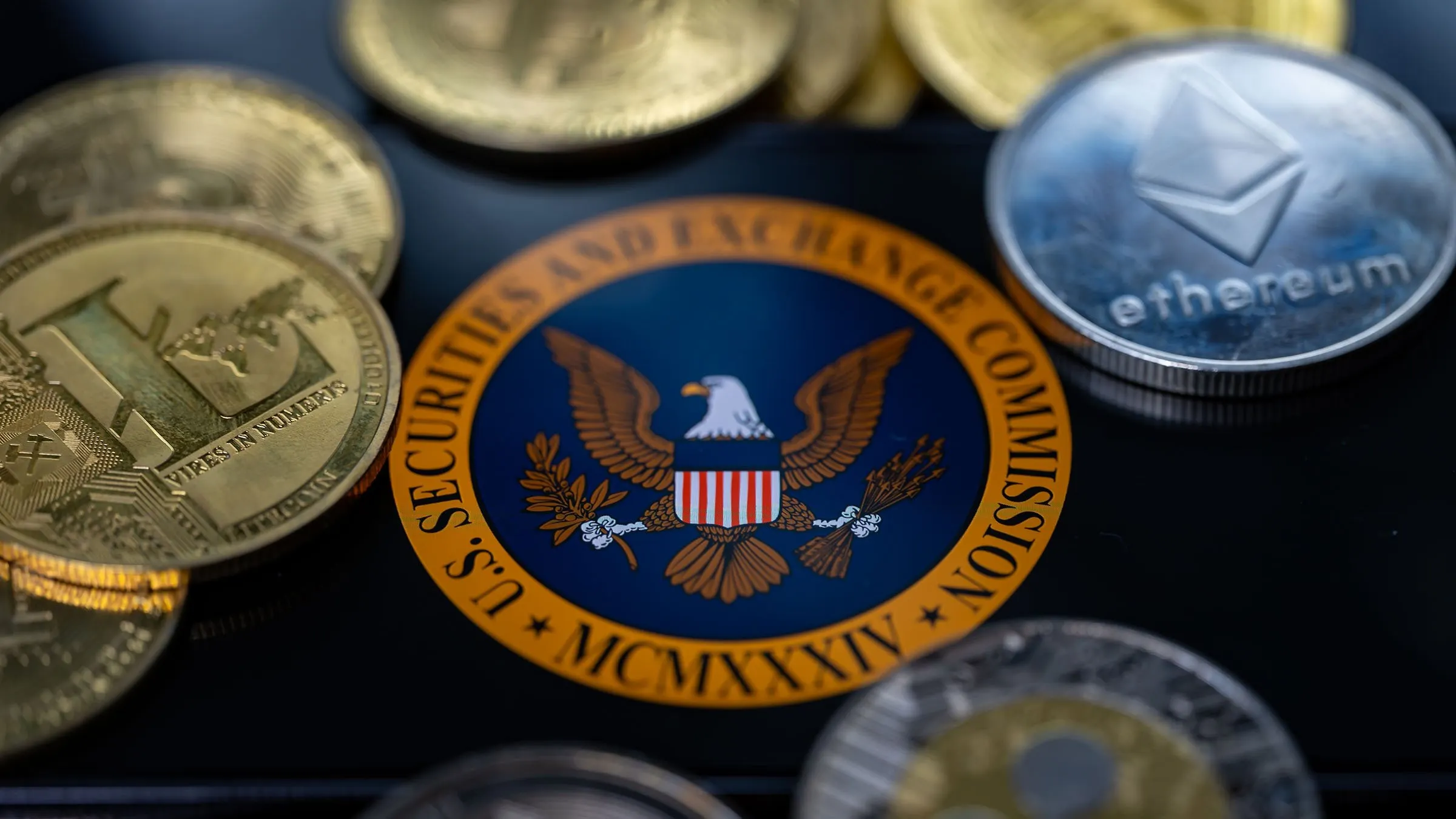Solana, Cardano, and Polygon can all breathe a tentative sigh of relief—the Securities and Exchange Commission (SEC) wants to table its allegation that they are unregistered securities in its lawsuit against crypto exchange Binance, according to a new court filing.
The SEC wants to amend its Binance lawsuit to shelve allegations against the "third party crypto assets," it wrote in a joint status report filed early on Tuesday. But SOL, ADA, and MATIC aren't entirely out of the woods just yet.
The amendment is not the same as the SEC dropping the unregistered security allegation or having it dismissed by the judge. The update would be "obviating the need for the Court to issue a ruling as to the sufficiency of the allegations as to those tokens at this time," the regulator wrote in the filing.
In very simple terms, that means the SEC has agreed to stick a pin in it.
But the judge overseeing the case might still eventually need to rule on whether SOL, ADA, MATIC and a handful of other tokens meet the threshold to be considered securities.
In its original complaint, the SEC also alleged that Filecoin (FIL), Cosmos (ATOM), The Sandbox (SAND), Decentraland (MANA), Algorand (ALGO), Axie Infinity (AXS), and Coti (COTI) are all unregistered securities.
The SEC lawsuit, filed in June 2023, hit Binance and the exchange’s CEO Changpeng Zhao with 13 charges. They included accusations of commingling customers’ funds and trying to evade U.S. securities laws with “sham controls” for determining who can do business with the firm.
Last month, the judge granted a motion from Binance to dismiss charges tied to secondary sales of Binance's BNB exchange token and its Simple Earn program. But the judge said that other charges, including those against the exchange's U.S. arm, Binance.US, would proceed.
"We have always utilized the limited guidance that the SEC has offered to the crypto industry to operate our business in a compliant way," Binance.US said in a statement posted on Twitter at the time. "The fight continues."
On Friday, the Court decided that the SEC’s case against https://t.co/AZwoBOh0gq will continue. We were prepared for this and look forward to having this case move forward in the judicial process.https://t.co/AZwoBOh0gq was established with the express purpose of serving United…
— Binance.US 🇺🇸 (@BinanceUS) July 1, 2024
But now setting aside the unregistered security question hinges on whether the SEC and Binance can agree on a schedule discovery, or turning over evidence.
The SEC would like to begin discovery immediately after it has filed its amended complaint. But Binance has refused, "claiming they cannot agree to the commencement of discovery without reviewing the SEC’s proposed amended complaint." Instead, Binance would prefer to meet within two weeks after the SEC's amended proposal has been filed with the court to set a schedule for discovery.
Until then, "it is premature and unreasonable for the SEC to expect them to agree to conduct merits discovery for claims on which the SEC may soon seek leave to amend its allegations," the lawyers wrote.

